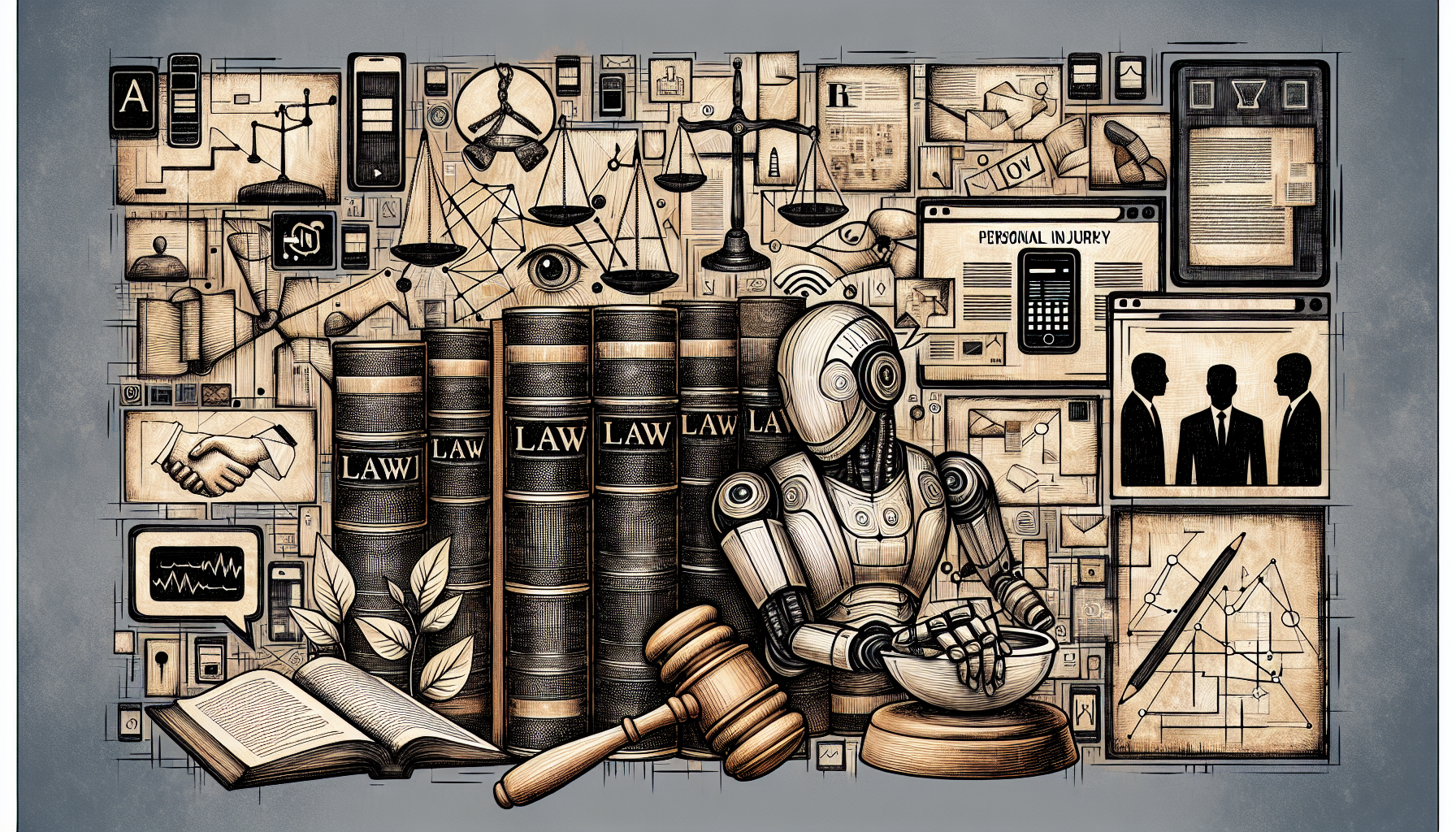
Harnessing the Future: An Overview of AI in Family Law
The legal industry is undergoing a seismic shift with the advent of artificial intelligence (AI). From automating routine tasks to enhancing decision-making processes, AI is steadily embedding itself into legal practices. One such AI, ChatGPT, is making significant strides in Family Law, assisting lawyers and paralegals in navigating case complexities and workflow efficiencies.
ChatGPT is particularly beneficial for its ability to quickly process large amounts of data and generate consistent outputs. However, it comes with limitations, such as a lack of nuanced understanding and occasional inaccuracies. By understanding both its strengths and constraints, legal professionals can leverage this tool effectively.
The Paralegal’s AI Toolbox: Preparing for Case Management Conferences
Case Management Conferences (CMCs) are pivotal in Family Law to streamline cases, set timelines, and establish clear objectives. Effective preparation can significantly influence the case trajectory.
Overview of Case Management Conferences
- Organize and determine case progression
- Set timetables and deadlines for each stage
- Identify issues and establish clear objectives
Given their importance, the role of paralegals in CMCs is integral. Utilizing AI tools like ChatGPT for tasks such as document preparation, research, and communication becomes invaluable.
Introduction to ChatGPT for Legal Tasks
ChatGPT can assist in several areas:
- Drafting agendas and meeting minutes
- Summarizing case histories
- Generating litigation strategies
These functionalities can streamline preparations, ensuring no detail is overlooked. This brings us to the next crucial aspect—how to effectively craft queries for ChatGPT.
Also read:
Crafting Perfect Queries: Nuanced Prompts for Efficient Research
Creating effective queries for ChatGPT is essential for obtaining accurate and relevant outputs. Clear and specific prompts are foundational.
Creating Clear and Specific Prompts
Precision is key. When formulating prompts, ensure they include necessary details and are framed to solicit comprehensive responses.
Examples of Effective Prompts in Family Law Context
- General Query: “Summarize the key points of the Child Custody Act of 1980.”
- Specific Query: “Explain the implications of joint custody rulings in Illinois based on recent case law.”
- Drafting Help: “Generate a draft agenda for a case management conference involving disputed alimony and child custody issues.”
With effective queries, ChatGPT can considerably enhance research efficiency. This feeds directly into document drafting processes.
Also read:
Document Drafting Made Easy: Leveraging ChatGPT for Legal Documents
Document drafting is central to legal practices. ChatGPT can assist in creating various legal documents, ensuring consistency and accuracy.
Drafting Common Documents: Agendas, Memos, and More
ChatGPT can draft:
- Agendas: Outline topics, timelines, and objectives.
- Memos: Summarize case details or internal communications.
- Client Correspondence: Draft letters, emails, and updates.
Ensuring Accuracy and Consistency with AI Assistance
Despite the efficiency gains, always review AI-generated documents. Ensuring precision in language and accuracy is non-negotiable in legal contexts.
Having robust documents directly influences how scenarios are planned for case outcomes, a subject we’ll delve into next.
Also read:
Scenario Planning: Preparing for Different Case Outcomes
Accurate scenario planning is critical in Family Law. ChatGPT can facilitate this by generating potential outcomes based on various inputs.
Using ChatGPT for Generating Potential Outcomes
Providing rich contextual details in prompts can help ChatGPT model various scenarios. This allows legal teams to:
- Identify best and worst-case outcomes
- Prepare backup plans
- Strategize based on likely scenarios
Evaluating and Selecting the Most Likely Scenarios
Generated scenarios must be carefully evaluated by legal professionals to decide the most probable and actionable path. Once scenario planning is in place, focus can shift to client interactions.
Also read:
Beyond Research: Enhancing Client Communication
Effective communication is vital in family law. ChatGPT can assist in crafting client communications, ensuring clarity and professionalism.
Utilizing AI for Drafting Client Communications
AI can help draft:
- Client updates on case progress
- Explanations of legal procedures
- Responses to client inquiries
Maintaining Professional Tone and Confidentiality
While leveraging AI, ensuring a professional tone and strict confidentiality is paramount. Sensitive information should be cautiously managed.
Next, understanding the ethical implications and best practices is essential for responsible AI use.
Also read:
Ethical Considerations and Best Practices
Ethics in AI use is crucial, especially in sensitive fields like Family Law. Legal professionals must navigate privacy and confidentiality rigorously.
Navigating Privacy and Confidentiality Issues
Avoid inputting sensitive data directly into AI tools. Instead, use anonymized or hypothetical examples to safeguard client information.
Ethical Use of AI in Legal Settings
Always align AI usage with professional guidelines and standards. Transparency with clients about AI use is also a best practice.
Continuous learning and adaptation are key to effectively integrating AI tools into daily practice.
Also read:
The Road Ahead: Continuous Learning and Adaptation
AI technology is continuously evolving. Staying updated with advancements ensures optimal utilization of tools like ChatGPT.
- Regular Training: Participate in AI-focused legal training sessions.
- Community Engagement: Join professional networks discussing AI in law.
Integrating AI effectively into daily paralegal practices enhances productivity and precision.
Also read:
Conclusion: Embracing AI for a More Efficient Future
To sum up, AI holds significant potential in revolutionizing Family Law practices. From case preparation to client communication, ChatGPT can be a powerful ally. While challenges exist, responsible and ethical integration ensures these tools can augment traditional practices effectively.
Embracing AI is not just about efficiency, it’s about staying ahead in an evolving legal landscape. Continual learning and adaptation will be key in harnessing AI’s full potential for a more proficient legal future.


